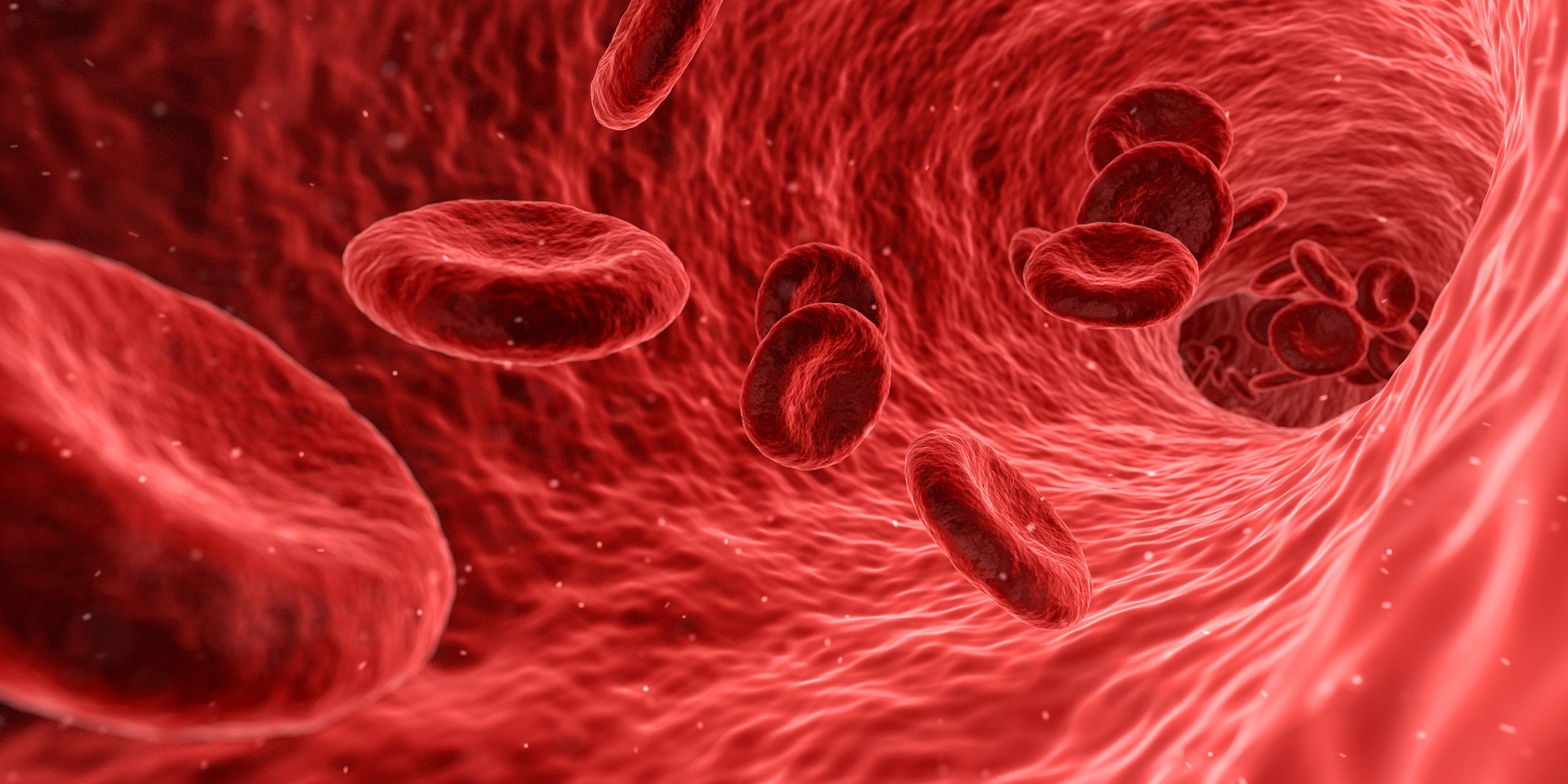Well, it's been a month. One month since I officially transitioned over from the world of clinical nursing to a job in editing and writing. In some ways, it has been exactly as predicted: exciting, stressful, and a lot of learning. In other ways, it's been full of surprises and absolutely the opposite from what I expected. As I continue processing this major career shift, here are four myths I believed about career changes that simply are not true.
Adobe stock image
Myth #1: It will feel natural.
I suppose because writing and editing feels natural to me, I thought transitioning into a career that utilized them would also feel natural. However, using these skills on the side and creating a job around these skills are completely different. To my surprise, I grieved leaving the hospital, not just because of the wonderful people I knew there, but also because I knew the system. I was familiar and competent with the hospital system; I could navigate it as easily as a millennial navigating a smart phone. It was comfortable. Stepping into the freelancing world, however, felt starkly uncomfortable. I was entering a microcosm filled with abbreviations and acronyms that people actually go to school to learn. As the weeks pass by and I learn more and more, the awkwardness is starting to fade, but I continually have to remind myself it's okay if it doesn't always feel natural to be an editor and writer.
Myth #2: Changing careers is easy.
Um, am I the only person in the young adult population who has bought the lie that changing careers is easy? People throw around the term casually, and they act like it's no big deal millennials tend to career hop. I thought, "If so many people do it, it can't be that hard!" Wrong. I'm actually amazed how career switching tends to have connotations like "irresponsible" or "noncommittal" rather than "resilient" and "gutsy" and "persevering." Changing careers is difficult, takes time, and requires people to accept a steep learning curve. Not only does a new career bring new material to learn, it also includes a new community and specific subculture. I'm having a blast getting to explore this new community, but it definitely is not easy.
Myth #3: You'll automatically be happier if you switch careers.
Since apparently new jobs don't always feel natural and are downright hard sometimes, it makes sense immediate happiness isn't a given with a different career. Now, a few weeks in, I love my job and I am happier, but the emotional lightness didn't come as an automatic perk. In fact, I was pretty stressed out and unhappy at first. Rather, happiness came as a result of being able to cultivate a healthier work environment, which still requires a lot of intentionality and prayer. Once I settled into a routine and chose to trust the Lord with my successes and failures, my happiness meter slowly rose. Perhaps a common flaw in our thinking today is believing it is the job switch itself that brings us happiness. We fail to identify what aspects about the job make us unhappy and how we can address them. Sometimes addressing them means quitting a job (or an entire career field), sometimes it means transferring positions within a company, and sometimes it means changing out expectations, attitudes, or boundaries and staying in that exact same job. For me, happiness didn't come as a result of the writing/editing career itself but from the lower-stress, overall healthier work environment I was able to create.
Myth #4: Following your passion is all that matters.
Passions matter, and they are worth following. I followed one of mine into writing and editing. But more than that, I followed the steps I believed the Lord was leading me to take. So often we have romanticized dreams and ideas of what "following our passions" could mean: traveling the world and working, making it big in the creative world, launching a business, and so much more. While it can be very healthy to dream big and pursue these things, our emotions around our passions can change. Emotions, by nature, ebb and flow. So does motivation. Yet the Lord and His word doesn't. He remains the same, and really, following Him is exponentially more rewarding than following a dream or a passion. Jesus came to extend the greatest invitation we will ever receive: the invitation to follow Him and walk with Him. This, by far, busts the greatest myths of career changes and success I've ever encountered: the most fulfilling choice in the world is not about jobs or money or husbands or children; it's about choosing to accept Jesus' invitation to be in His presence every day of our lives.








